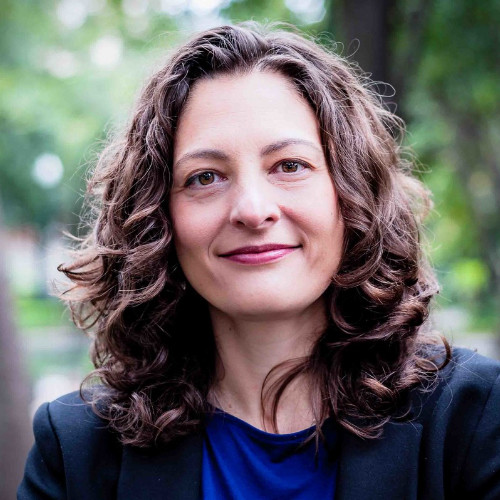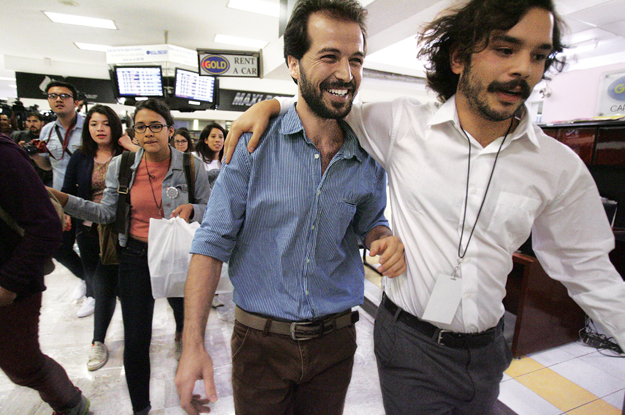To see our entire feature on Syrian refugees in Latin America, click here.
Essa Hassan landed in Mexico City in the middle of a media storm. Days after the body of three-year-old Aylan Kurdi washed ashore on the coast of Turkey, Hassan became the unwitting symbol of Mexico’s efforts — or lack of them — to assist Syrian refugees, although plans to get him to Mexico started long before the world zeroed in on the crisis.
Hassan arrived last September through the Proyecto Habesha, a humanitarian initiative with the goal of bringing 30 Syrians whose studies were interrupted by the conflict to complete their education in Mexico. The first to be accepted, he quickly found himself the subject of news coverage. “I’m still in the news,” the 26-year-old told AQ.
Hassan’s journey began in March 2012 after finishing a library sciences degree at Damascus University. No longer a student, he had two choices: leave the country or fight. He fled to Turkey and then Lebanon, where he met Adrián Meléndez, co-founder of the Proyecto Habesha, which aims to give students the education they need to rebuild Syria.
As Hassan helped translate materials, he found himself wishing he could be selected for the initiative. But his journey only got more complicated. Following an influx of refugees to Lebanon, Hassan left for Italy on a temporary visa and was stuck there undocumented for a year. After months of delays and a stop in Ecuador, he finally arrived in Mexico. Today, he studies Spanish at the Panamerican University in Aguascalientes. Additional students were expected to join him for a “cultural dialogue” course, but at the time AQ went to press, no others had arrived in Mexico. Despite community support through its #EnMéxicoSePuede social media campaign, the Proyecto Habesha is struggling to raise funds to bring the other 29.
Meléndez believes the government could do more. The Mexican Commission to Aid Refugees registered just 16 Syrians in 2013 and 2014. “Mexico has a proud history of offering asylum,” he said. “Today there is no action.”
Meanwhile, Hassan is braced for a long absence from his homeland. “When you see the blood, you know it’s not going to end any time soon,” he says. He hopes to get a master’s in social engineering and make a contribution in Mexico. “The first goal for me really is to give something back.”
—
Zissis is editor-in-chief of AS/COA Online. She is based in Mexico City.






